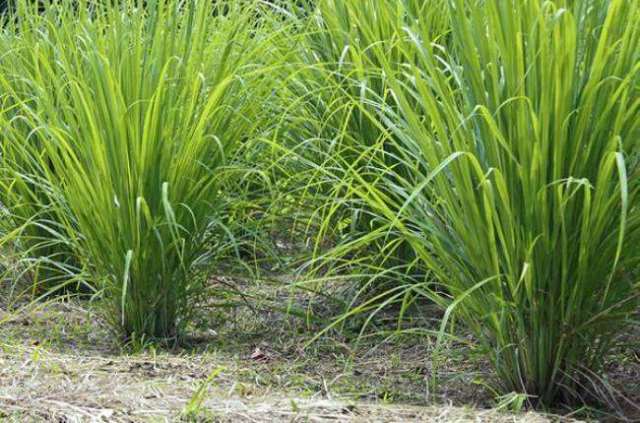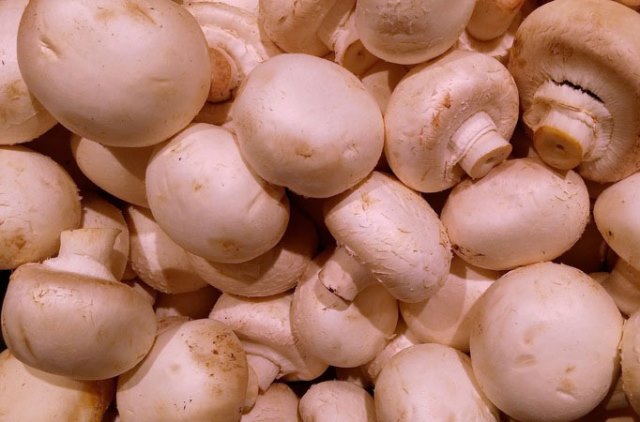The women of the Naxal-hit area of Bihar’s Gaya are becoming self-sufficient by cultivating lemongrass and mushroom. Earlier, where opium was cultivated on barren land, and now the lemongrass crop is flourishing. Today, Bihar Chief Minister Nitish Kumar is coming to meet these women.
The area of Bankebazar block of the Gaya district of Bihar once had a stronghold of Naxalites. Even today, there is an occasional Naxalite activity in this area. But in present times the women of this region have started writing their own destinies.
Earlier, where opium was cultivated on barren land, and now the lemongrass crop is flourishing with the help of the Sarv Seva Samiti organization.
With the help of the organization, women are being trained to cultivate lemongrass and sell its products. Women are also participating actively in this. The women who were earlier unemployed and whose economic condition was very bad, are now becoming strong by cultivating lemongrass and mushrooms and their financial condition is also improving.
Pratima Devi, a resident of Azamgarh village of Bankebazar block, told ANI, “Earlier we had no work and the condition of the house was also very bad. But we were given training in mushroom and lemongrass farming by the organization. A good income is being generated and the condition of the family is also improving. Many types of products are being made by cultivating lemon grass. Initially, only a few women were associated with it, but at present, about one thousand women have joined. Now we are getting good income. Earlier our area was known for Naxalism, there was no development, but now we are making many types of products and we are also getting good income by selling them in the market.”
Rajni Bhushan, the district manager of Sarv Seva Samiti, said that Bankebazar block is considered to be a very remote area. “It is about 70 kms away from district headquarters Gaya. Most of whose land is barren and the area is surrounded by mountains. After this, we contacted the agriculture department and started cultivating mushrooms and lemongrass on barren land. For this, we connected the women of the area. At present, more than 1,000 women are associated with this farming and they are earning well, she informed.
The land which used to be barren before is flourishing with the cultivation of lemongrass. Many products including oil, soap, sanitiser, and phenyl are being made from lemongrass, which is being sold. Women are getting an income of about 12 thousand rupees in 2 months. Once lemongrass is cultivated, the crop keeps flourishing for 5 years. If its products are sold in six months, there is an income of about 40 thousand rupees. It is our endeavour to involve more women in this work so that their economic condition improves and their standard of living rises.
Bihar CM Nitish Kumar is scheduled to visit the area and meet the women in the area under his ongoing “Samadhan yatra”. (ANI)
Read More: http://13.232.95.176/

